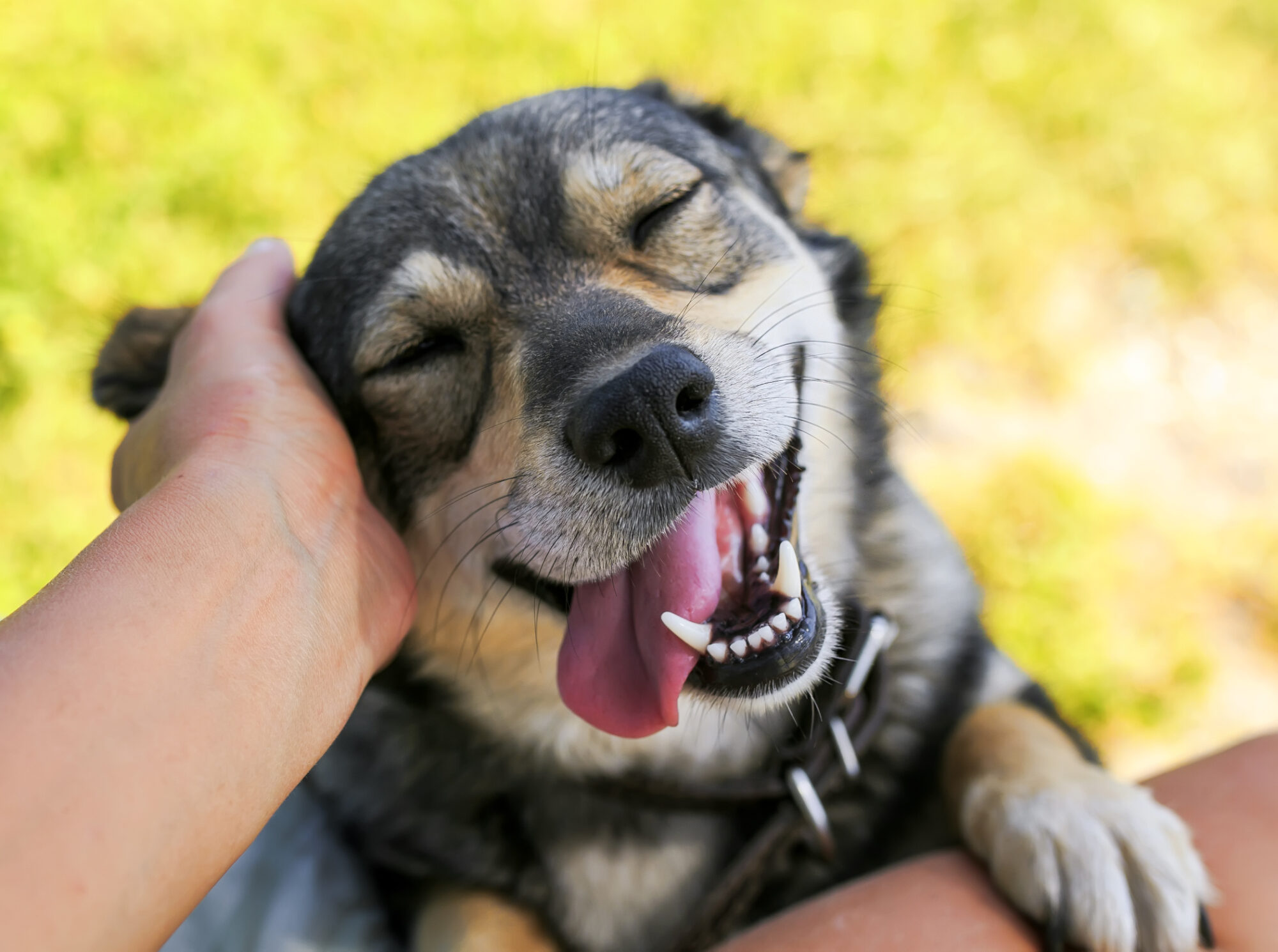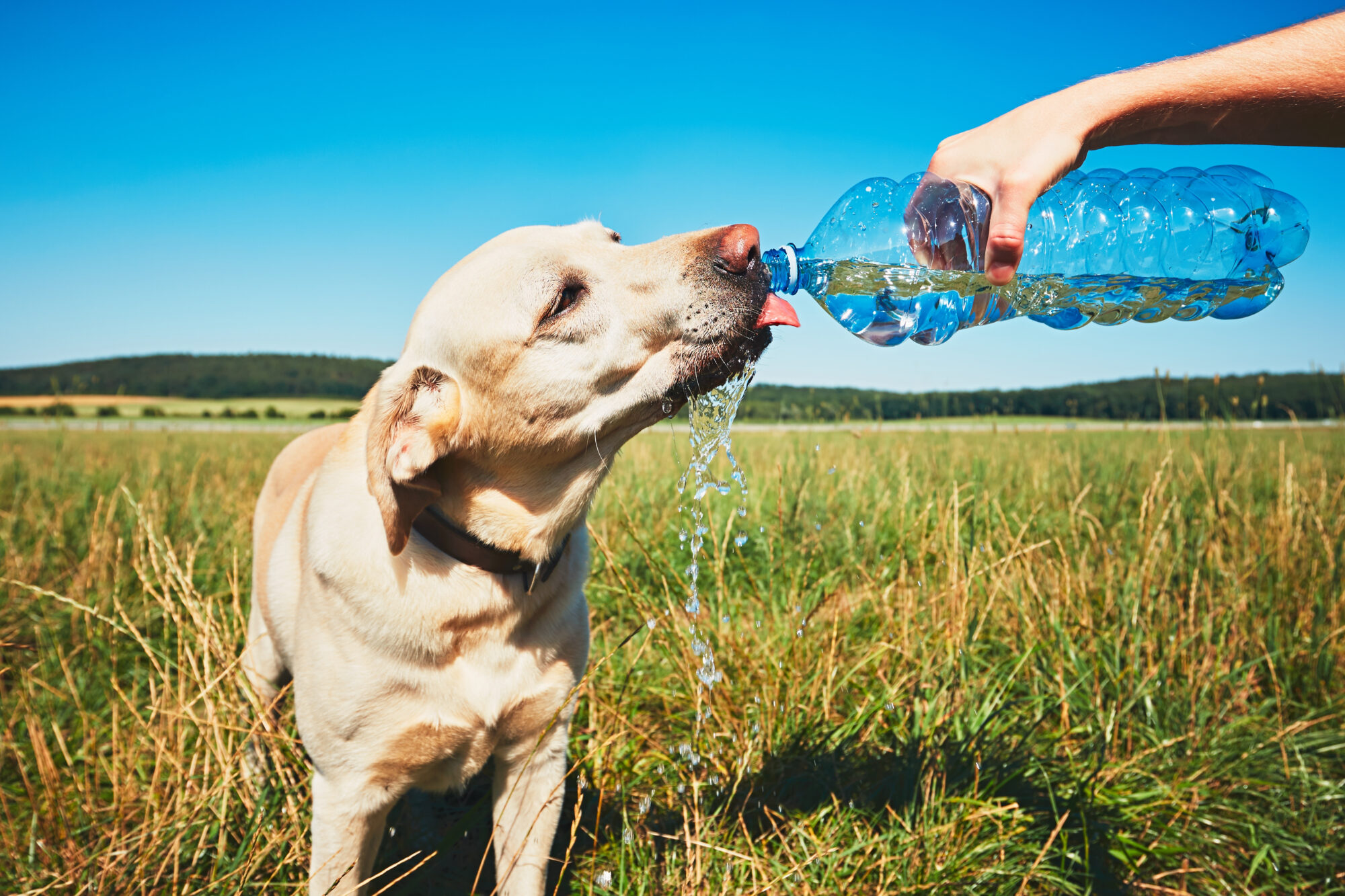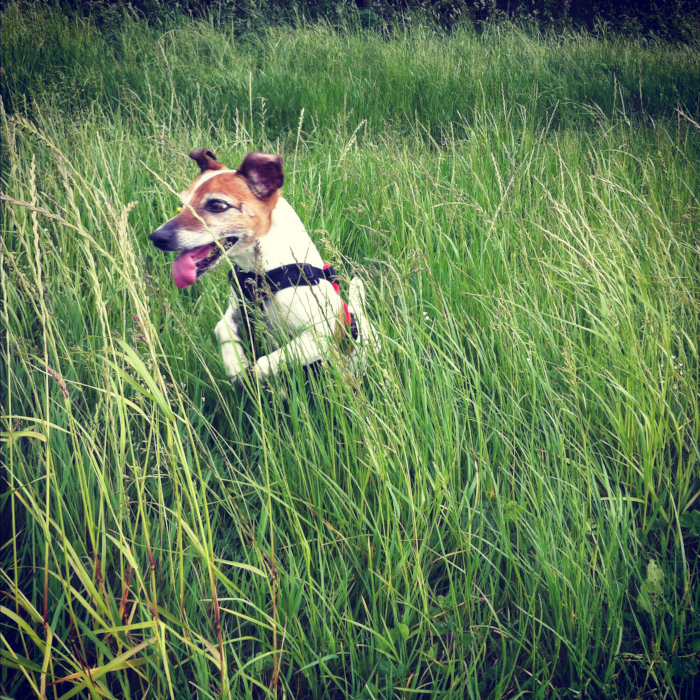
It’s the holiday season, and nothing says family like Thanksgiving dinner. And since over 70% of pet owners consider their pets family, it’s only natural to want to include them in any planned holiday celebrations, including sharing the holiday feast.
But while you’re at the table (and during the prep and clean-up, too), it’s essential to remember that our pets may experience GI upset, diarrhea, and vomiting – or worse – from partaking in the holiday meal with us. Ingestion of fatty foods and even any sudden change in diet can cause a painful condition called pancreatitis.
With all those puppy dog eyes so hard to resist, it’s no wonder veterinary hospitals see a marked increase in pancreatitis in dogs during the holidays. Before you offer your pet a sampling of the Thanksgiving meal, learn how to prevent and recognize signs of this life-threatening inflammation in your pet.
A Glimpse of Pancreatitis in Dogs
The pancreas is an organ located to the right of the abdomen near the stomach. It is part of the body’s digestive system and is responsible for producing digestive enzymes and insulin. Pancreatitis in dogs occurs when the pancreas becomes inflamed, which can be caused by many reasons, including ingesting rich, fatty foods.
Inflammation begins if the digestive enzymes work in the pancreas instead of the small intestine, where they should generally start to work. When this occurs, pet owners may notice subtle changes in their dog’s behavior, such as not wanting to eat, restlessness, or not eating as much. Sometimes, acute shock can occur over the next few days, so paying attention to those early and less severe symptoms is crucial to a better outcome.
When pancreatitis occurs, your pet may experience:
- Nausea
- Vomiting
- Lethargy
- Gagging or drooling
- Hunched posture
- Abdominal pain
- Fever
If you believe your pet may be experiencing pancreatitis, please call us immediately or visit the nearest emergency hospital.
What Causes Pancreatitis in Dogs?
While there is no specific reason we can pinpoint, there is strong evidence of a link between pancreatitis in dogs and eating fatty foods. As a result, veterinary clinics see more of these cases during the holidays, when we pass rich human food to pet family members.
Some of these high-fat, rich people foods that can cause digestive upset and pancreatitis include turkey skin and bones, gravy, buttery foods, seasoned foods, and creamy, cheesy, or fried foods.
Along with diet, certain other factors have been linked to pancreatitis:
- Obesity
- Endocrine disorders
- Senior pets
- Breeds such as miniature schnauzer, cocker spaniel, and miniature poodle
- Pets who have had pancreatitis once before
Treatment for Pancreatitis
We can diagnose pancreatitis in dogs through laboratory testing that includes the evaluation of the pancreas, kidneys, and liver and complete blood counts. If dehydration is present, measuring electrolyte levels is vital. Diagnostic imaging (such as X-rays or ultrasound) may also be required.
Once your pet is diagnosed with pancreatitis, treatment depends on the severity of the condition. Effective treatment will likely require hospitalization with IV fluid therapy, anti-nausea and pain medications, and nutritional support. We will also monitor blood levels to ensure pets are recovering well. Most pets are hospitalized for at least a few days. We may refer you to an internal medicine specialist if the condition is severe. Rest assured that your pet will receive the most comprehensive care.
Avoiding Pet Pancreatitis
Pancreatitis in dogs is painful, potentially fatal, and can be an awful (and expensive) way to spend your holidays. While not all cases of pancreatitis can be linked to eating fatty foods or obesity, the safest bet is to avoid the risk by keeping your pet a healthy weight and away from rich or fatty people foods no matter the time of year.
If you want to include your dog in the holiday meal, look on Pinterest for healthy, fresh dog treats to share with your four-legged Thanksgiving guests. We’re sure your dog will be just as happy with the alternative, and so will you!
The team at Felton Veterinary Hospital is here for you. Call us at 831-335-3466 with any questions or if you suspect your dog suffers from pancreatitis.


 Schedule an Appointment
Schedule an Appointment
